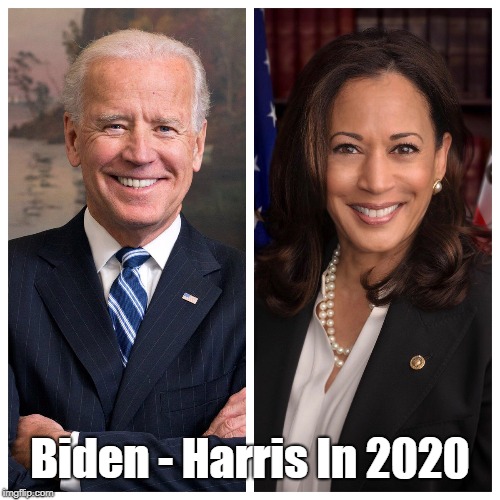| Are they ‘gone’? |
| I’m less persuaded by the second case against Biden’s electability — namely, that no Democrat can win the white working-class voters, not even Biden. These voters, Jamelle wrote, may simply be “gone.” It is possible, he added, “that their shift away from the Democratic Party, which began long before 2016, is permanent.” |
| I’m skeptical that they’re “gone,” because Democrats have won a decent share of these voters in two of the last three national elections. Obama held his own with white voters who lack a college degree (at least outside of the Deep South), and congressional Democrats did so as well in the 2018 midterms. That’s a major reason that the party flipped House seats in Iowa, Kansas, Michigan, Pennsylvania, upstate New York and elsewhere. |
| If 2018 had been a presidential election, Democrats would have swept the upper Midwest states that had carried Trump to victory in 2016 — Iowa, Wisconsin and Michigan — as well as Pennsylvania. |
| Democrats aren’t going to win most working-class whites. But there is a big difference between losing them as badly as Hillary Clinton did and doing as well as Obama or many 2018 Democratic candidates. |
| As a longtime senator, Biden has weaknesses that Kamala Harris, Elizabeth Warren, Cory Booker, Pete Buttigieg and others do not. In coming months, perhaps one of them will come to seem like a more electable candidate. But it would be a big mistake for Democrats to give up on persuasion and focus almost entirely on turnout in 2020. |
| Related: Jamelle Bouie is starting a newsletter, which will have more of his thought-provoking arguments. |
| And in today’s Times, Anita Hill has an Op-Ed about combating sexual violence and harassment — and about Biden’s missed opportunity to do so in 1991. |
| Elsewhere: In The Atlantic, Ron Brownstein connects a few recent polls to argue that many swing voters, both suburbanites and blue-collar whites, are skeptical of some recent Democratic proposals, like Medicare for All and free college. |
“Though they’ve attracted little attention, recent public polls have sent clear warning signals that the ambitious agenda of the rejuvenated Democratic left could strain the coalition that carried the party to its sweeping gains in the 2018 election,” Brownstein writes.
|
|
|


No comments:
Post a Comment